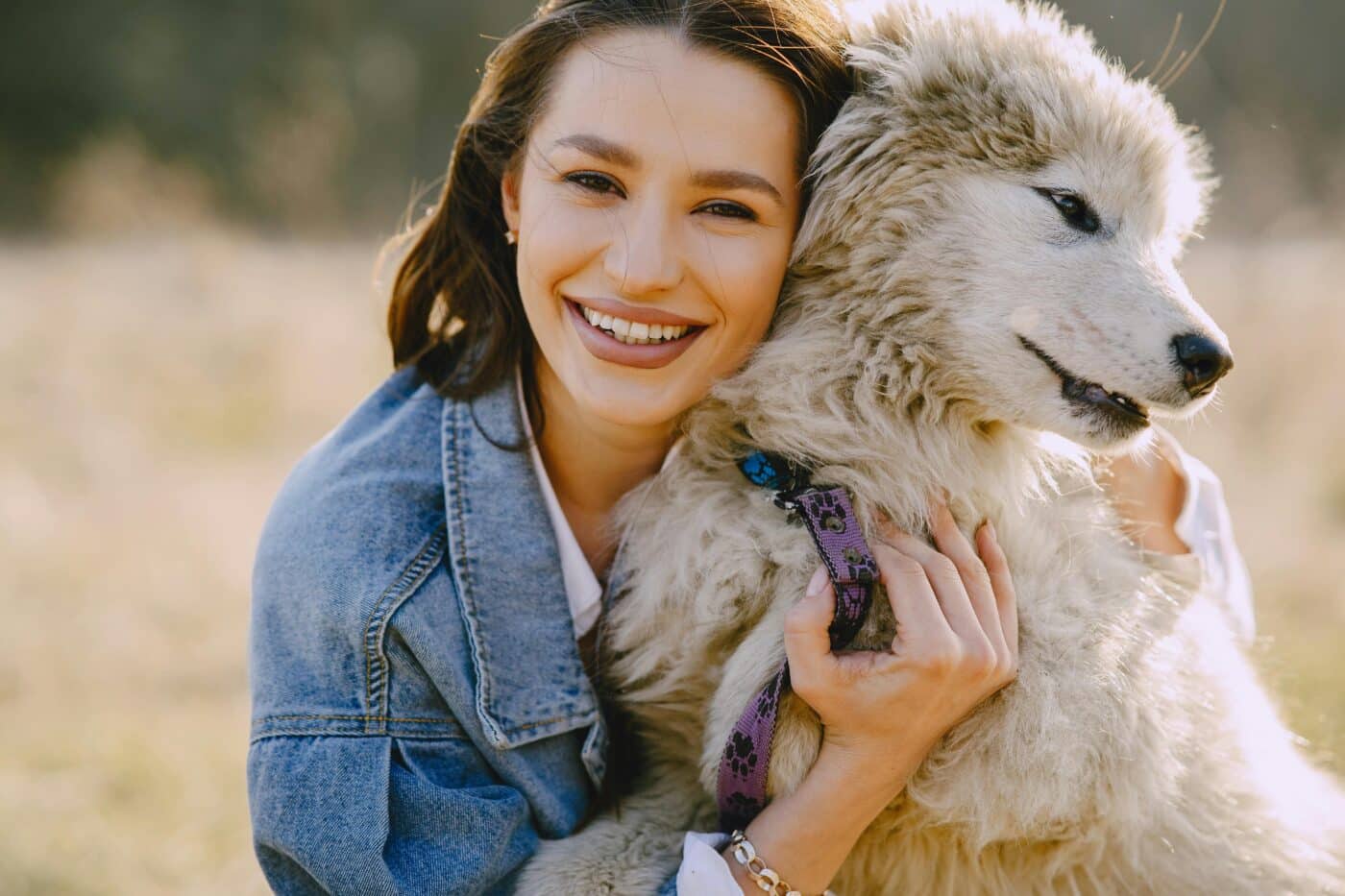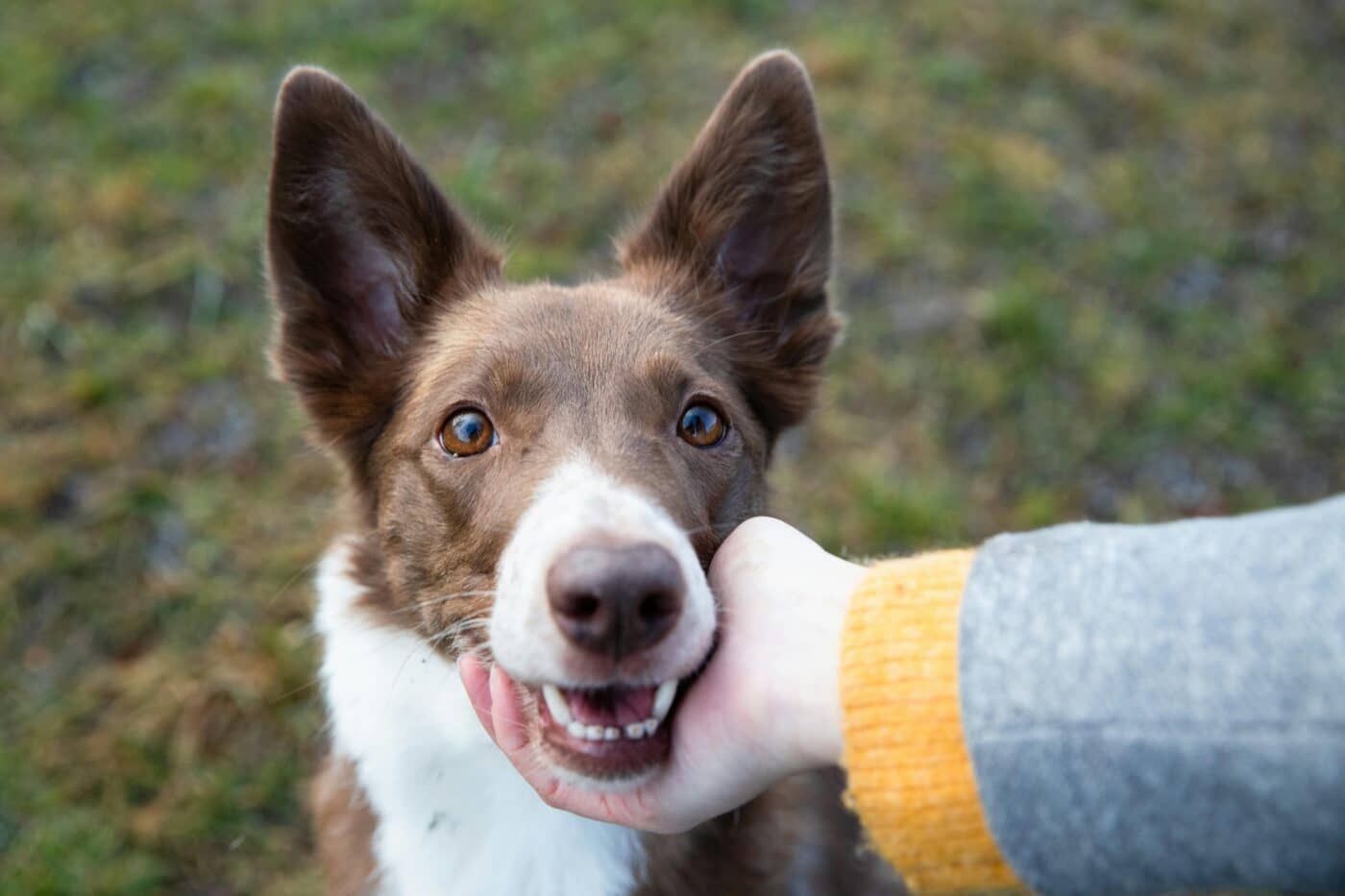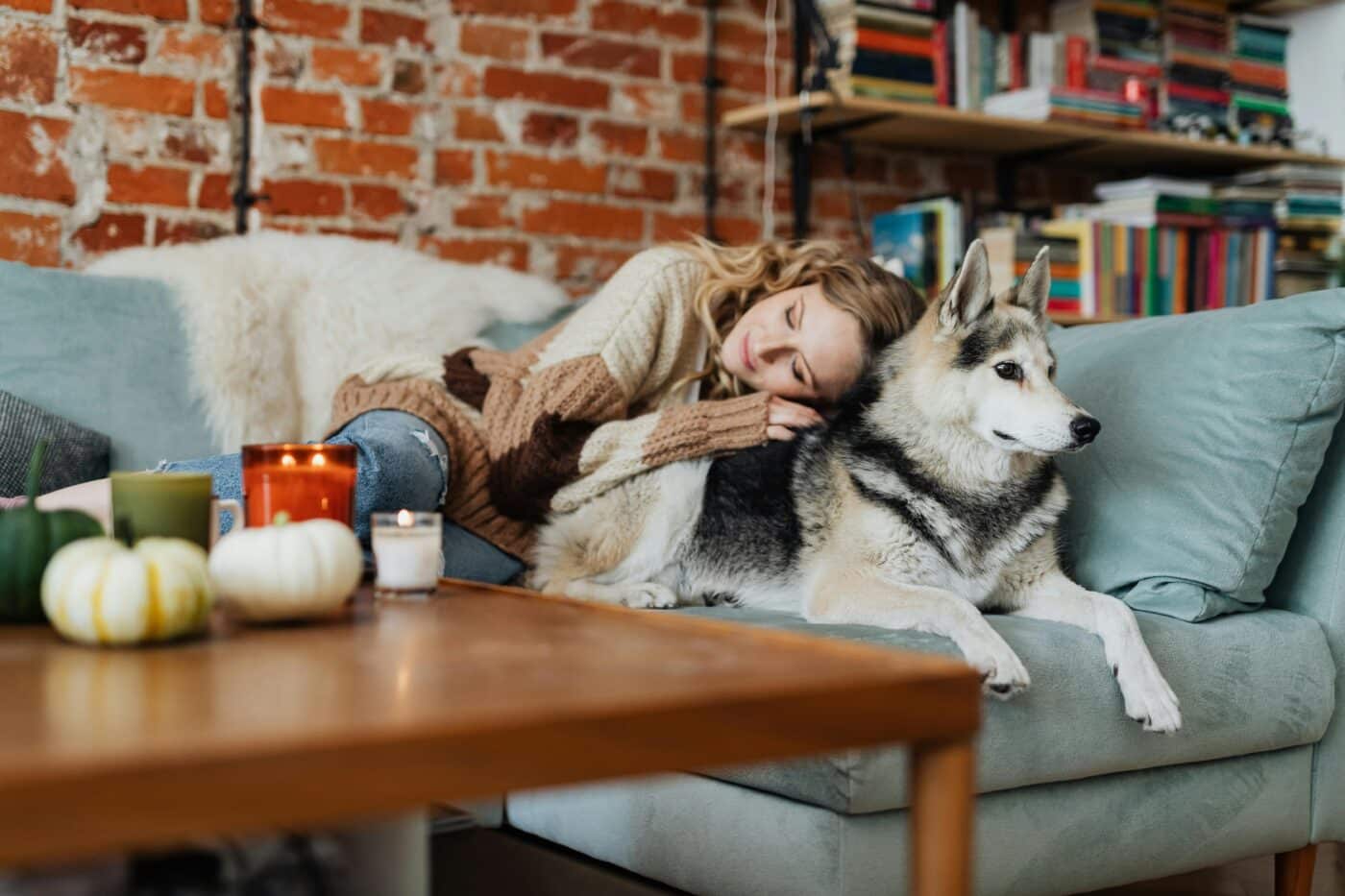Dogs are incredibly in tune with their human companions, often reacting in ways that show they understand our emotions. Whether it’s through body language, facial expressions, or the tone of our voice, dogs have an uncanny ability to sense how we’re feeling. This emotional intelligence lets them offer comfort, share in our joy, or provide a playful distraction when needed. These behaviors make our furry friends not only wonderful companions but also strengthen the deep bond between humans and dogs, highlighting the special connection we share with our four-legged friends.
Offering Comfort When You’re Sad

One of the most heartwarming ways dogs respond to your emotions is by offering comfort when you’re feeling down. If you’ve ever experienced a rough day, you’ve probably noticed your dog cuddling up next to you or resting their head on your lap. Dogs can sense when you’re sad through your body language and the tone of your voice. They instinctively try to provide comfort, whether it’s through gentle snuggles, a few well-timed licks, or simply staying close by. This behavior is rooted in their desire to bond and their instinct to support their pack members, which in this case, includes you.
Getting Excited When You’re Happy

Dogs are experts at picking up on your joyful energy and reflecting it right back at you. When you’re in a great mood, your dog’s tail probably wags furiously, and they may jump around in excitement, ready to join in on the fun. Dogs can sense your happiness through your tone of voice and body language, and their enthusiasm only adds to the moment. This shared joy is a big part of what makes the human-dog relationship so special. Dogs have an innate ability to amplify our happiness, whether it’s during playtime or when you’re celebrating a small victory.
Acting Protective When You’re Afraid

Dogs are naturally protective of their loved ones, and they can sense when you’re feeling scared or threatened. If you’re walking down a dark street and feel uneasy, you may notice your dog becoming more alert, standing closer to you, or even growling if they perceive a potential danger. This behavior stems from their instinct to protect their pack members and ensure their safety. Dogs can read your fear through your body language and even your scent, as humans release certain pheromones when frightened. Your dog’s protective response is their way of saying, “Don’t worry, I’ve got your back.”
Providing Distraction When You’re Anxious

Dogs are incredibly perceptive and can tell when you’re feeling anxious or stressed. In these moments, they may try to distract you by bringing a toy, initiating playtime, or even doing something silly to grab your attention. This behavior isn’t just a coincidence; dogs often sense that you’re overwhelmed and try to lighten the mood. Their playful antics or insistence on getting you to throw a ball serve as a welcome distraction, helping you break free from your anxious thoughts. It’s as if they’re saying, “Hey, let’s take a break from worrying and just have some fun.”
Staying Calm When You Need Peace

If you’re feeling overwhelmed and need a moment of peace, dogs seem to have an instinct for when to tone down their energy. Instead of bouncing around or demanding playtime, they may choose to lie quietly by your side, providing silent support. This calming presence can be incredibly soothing, almost like a living, breathing stress reliever. Dogs have a way of adjusting their behavior to match your emotional state, and their quiet companionship can be a powerful way to find solace during difficult times. Just having your dog nearby can bring a sense of calm and comfort.
Mimicking Your Emotions

One of the most fascinating ways dogs respond to your emotions is by mirroring them. If you’re feeling excited and upbeat, your dog will often reflect that energy by wagging their tail and engaging in playful behavior. On the flip side, if you’re feeling sluggish or down, your dog may become more subdued and quiet. This mirroring behavior is part of their social bonding skills, as they’re highly attuned to the emotions of their human companions. Dogs are like emotional sponges, soaking up your mood and adjusting your actions accordingly, making them empathetic and understanding companions.
Offering Physical Contact When You’re Stressed
